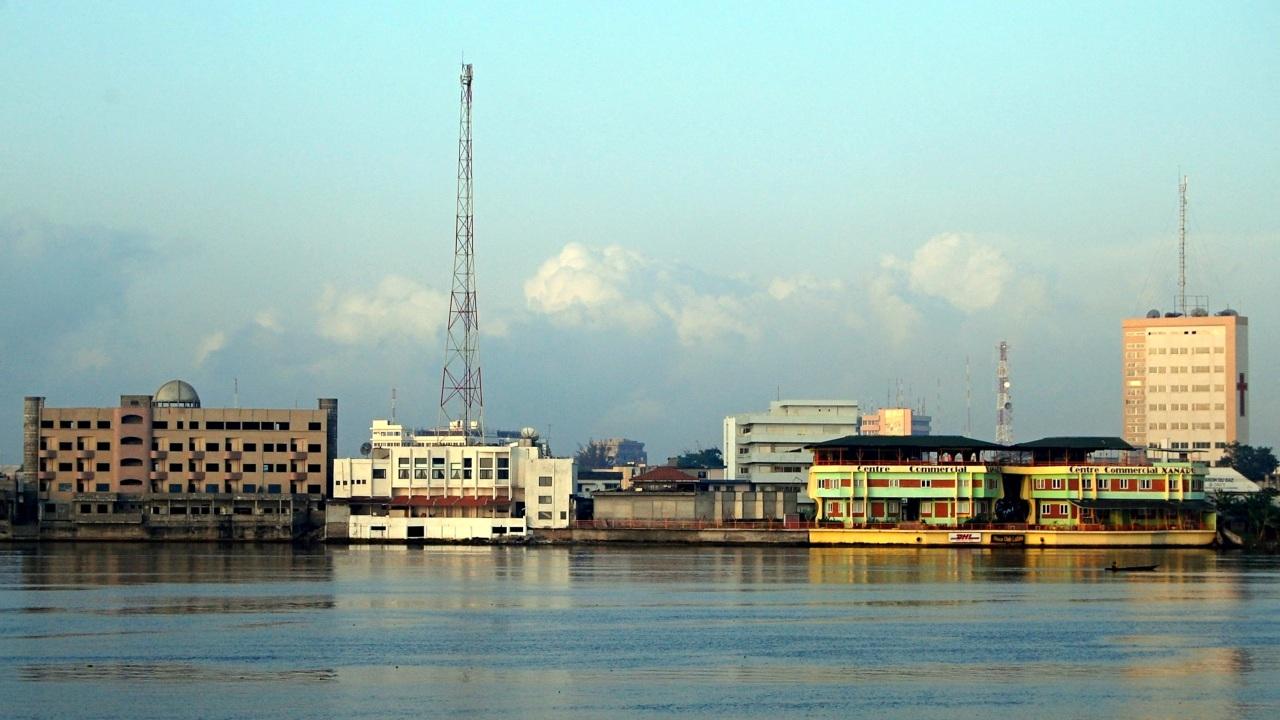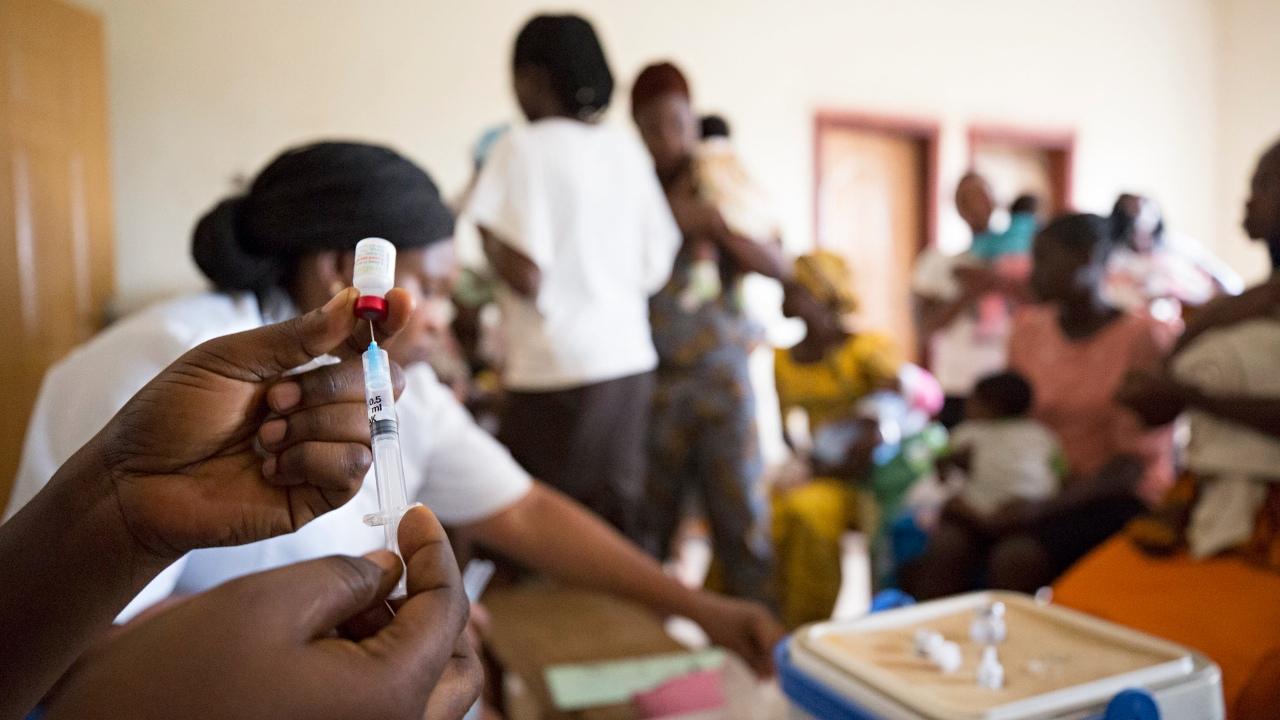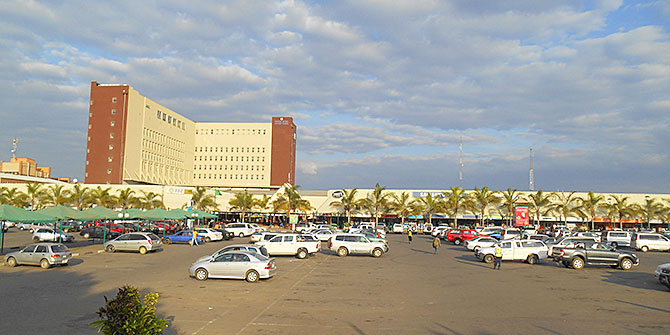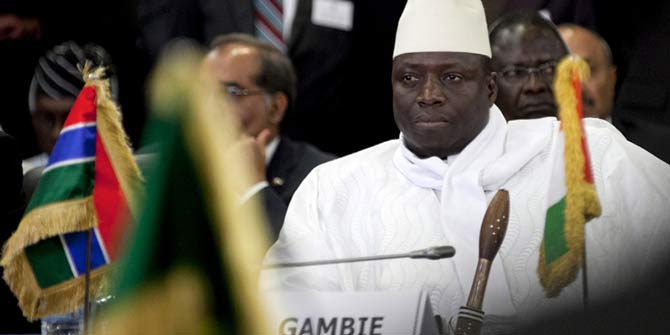Ahead of the International Dialogue for State and Peacebuilding in Washington DC, LSE alumna Katharina Neureiter argues that the New Deal for Peace could make development aspirations a reality
The world is a hell lot better now than ever before, according to global optimists such as Singaporean thinker Kishore Mabubhani or Thomas “Flat world” Friedman. Africa is on the rise with GDP growing in most countries between three and six per cent. In this light the Millennium Development Goals (MDGs) seem very last century. Do we need to replace these global benchmarks that are set to expire by 2015?
Fragile States cannot be left behind
Although the share of poor people living in developing countries has been cut by half over the past quarter-century, a group of 45 – mostly African – countries¹ are falling behind. The majority of these countries are currently or have recently been engulfed in civil war or conflict. At this rate of progress it is safe to say that no fragile state will achieve a single MDG by 2015. In particular, one of the least successful² goals has been that of a global partnership (MDG 8). The G7+³, a group of fragile states, has acknowledged this failure. In the Dili Consensus earlier this year they state: “We are in agreement that the MDGs have helped to focus our development efforts. […] However, they do not recognise the fundamental barriers that we face. Most importantly, conflict and fragility are not reflected in the MDGs, and have been fundamental obstacles to their achievement in our countries.” With 1.5 billion people and half of the world’s poor living in fragile states we need to pay attention to these issues, if we are to succeed in the fight against poverty, inequality and conflict. This leaves two conclusions:
- Peace and security are essential for broader progress on development, this should be explicitly acknowledged in the post-MDG framework
- This framework and all subsequent action has to be carried out in cooperation with affected countries
There is a growing recognition that peace needs to be part of the any future agenda. The High Level Panel (HLP) advisory board to the UN(4) for example stated in Monrovia that a post-2015 framework requires “peacebuilding and stronger domestic institutions including effective, accountable and transparent governments and peaceful, just and equitable societies”. Ellen Johnson Sirleaf, member of the HLP, can certainly inform of the possibility of escaping the conflict trap. Liberia’s economy recorded its eighth consecutive year of post-war growth in 2011, expanding by an estimated 6.9% in the last year(5).
“Since 2003, Liberia has transformed itself from a failed state to one that is well along the path to democracy and lasting peace,” said Karin Landgren, Head of the United Nations Mission in the West African country(6).
According to Finance Minister Amara Konneh, RISE 2030, which outlines Liberia’s path to a middle income country by 2030, has been a great success. It has put emphasis on the energy sector, independence from donors, education, investment in domestic businesses and a reduction of unemployment(7). Reading the document, it is apparent how much it is informed by its past. RISE 2030 aims to transcend partisanship, sectarian interests and regional divisions and aims for an inclusive path for development in which all Liberians participate and take ownership(8).
However, Liberia is yet to deliver on its promises with allegations of endemic corruption, nepotism and poor government performance surfacing time and again.
“It’s no easy task to rebuild after a descent into conflict. Fragile and conflict-affected states – stretching from Africa to the Pacific – pose daunting development challenges,” said President of the World Bank Jim Yong Kim(9) last month in an article about the importance of a different engagement with fragile states, embodied in the New Deal for Peace(10).
The New Deal for Peace as a new paradigm for a global partnership
Liberia was instrumental in establishing the New Deal for Engagement in Fragile and Conflict-Affected states in Busan in 2011(11). Mostly driven by the G7+, it sets a new paradigm for working in fragile environments bringing inclusiveness and country ownership of development to the center. Despite many promises and some success in countries such as Liberia and Timor-Leste, the pace of implementation and the commitment of all signatories has been weak and, bar a few pilot projects, not much has happened. Problems include political tensions between donor governments and national governments (North Korea, Myanmar), a lack of on-ground capacity and stable governance(12). A high-level meeting in Washington mid-April seeks to change this. The International Dialogue for Peacebuilding and Statebuilding brings together ministers of the G7+ as well as ministers from donor countries and funding institutions including UNDP, USAID, IMF and World Bank to discuss how the New Deal can be put on the post-2015 agenda.
There are still daunting challenges ahead with more than 850 million people without enough food, one third of all women affected by violence at least once in their lifetime and an estimated 2.5 billion people are without access to decent sanitation facilities(13). The world needs to be equipped with a plan on how to tackle these issues after 2015. The New Deal’s principles of transparency, accountability and political dialogue can not only transform engagement with fragile states, but should be enshrined in any agenda for global development to achieve equitable and peaceful societies in each country on their own terms within the next millennium.
Follow on twitter @New_Deal_
Katharina blogs at www.hearabout.wordpress.com. You can find her on twitter @hearabout_kat
1http://www.oecd.org/development/incaf/49108935.pdf
2 http://www.erd-report.eu/erd/report_2012/report.html
4 http://www.un.org/sg/management/hlppost2015.shtml
5 http://www.africaneconomicoutlook.org/en/countries/west-africa/liberia/
6 http://www.un.org/News/Press/docs/2012/sc10758.doc.htm
7 http://allafrica.com/stories/201210050807.html
8 http://www.liftliberia.gov.lr/content_list_sub.php?sub=171&related=83
9 http://www.huffingtonpost.com/jim-yong-kim/five-steps-to-help-fragil_b_2877346.html
11http://www.oecd.org/dac/incaf/datafromensuringfragilestatesarenotleftbehind201148.htm
12 http://www.securelivelihoods.org/blogpost/33/The-New-Deal-in-difficult-places






